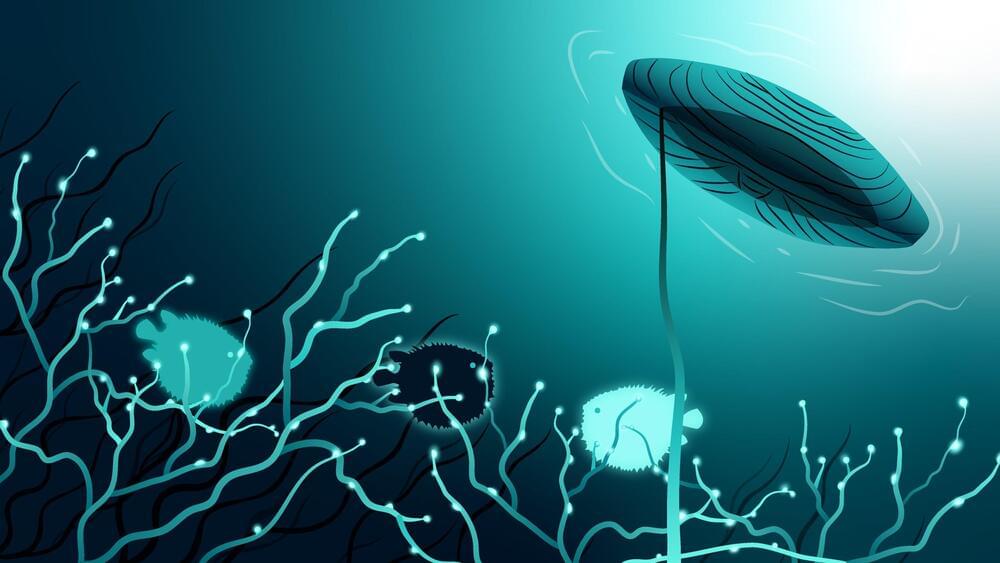Associative learning was always thought to be regulated by the cortex of the cerebellum, often referred to as the “little brain.” However, new research from a collaboration between the Netherlands Institute for Neuroscience, Erasmus MC, and Champalimaud Center for the Unknown reveals that the nuclei of the cerebellum actually make a surprising contribution to this learning process.
If a teacup is steaming, you’ll wait a bit longer before drinking from it. And if your fingers get caught in the door, you’ll be more careful next time. These are forms of associative learning, where a positive or negative experience leads to learning behavior. We know that our cerebellum is important in this form of learning. But how exactly does this work?
To investigate this issue, an international team of researchers in the Netherlands and Portugal, consisting of Robin Broersen, Catarina Albergaria, Daniela Carulli, with Megan Carey, Cathrin Canto and Chris de Zeeuw as senior authors, looked at the cerebellum of mice. The work has been published in Nature Communications.
